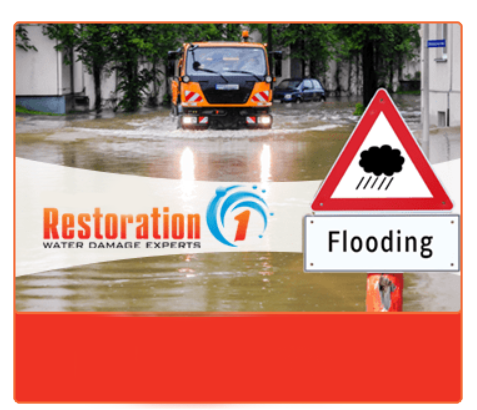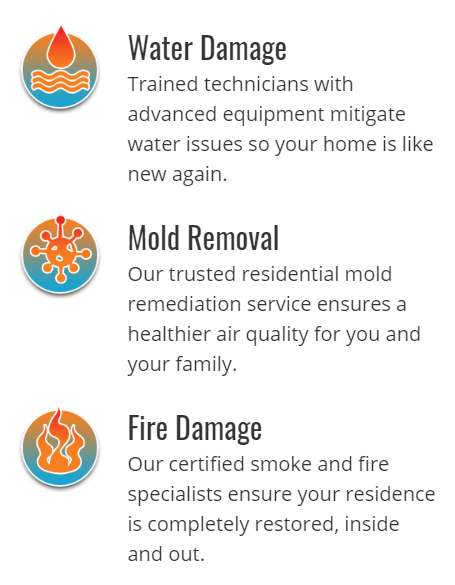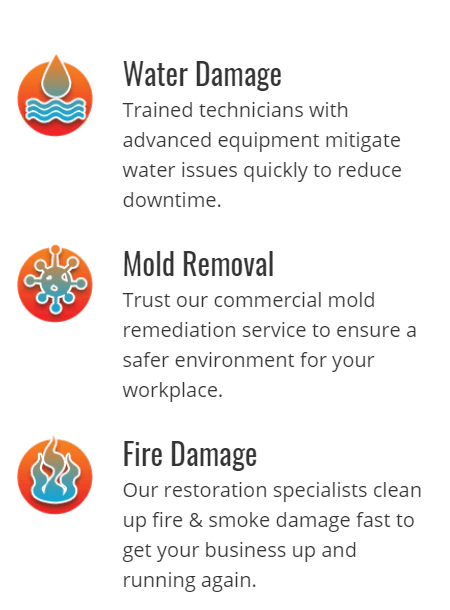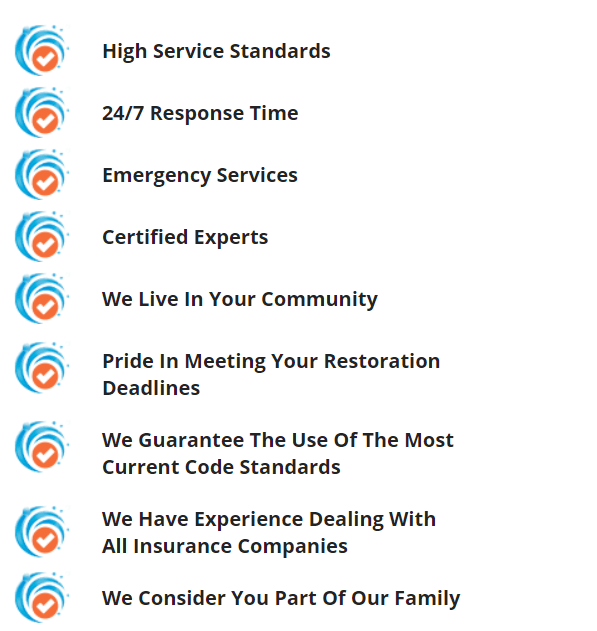Water Heater Leak Cleanup
Water heaters are incredibly useful, but leaks can lead to significant issues, affecting floors, subfloors, and walls. Water damage can swiftly harm your property. Even clean water can begin producing mold spores in under 48 hours. Inhalation of mold spores can result in severe health concerns for many people. If your water heater has discharged a substantial amount of water onto porous surfaces like carpeting, it's advisable to seek professional water restoration services.
Water Heater Overflow Cleanup
Neglecting proper water heater maintenance can lead to sudden failures, potentially resulting in significant flooding and water damage to your Towson residence or business. There are various reasons water heaters can leak, including inadequate maintenance, loose fittings, cracked or damaged pipes, or a leaking tank.
In some cases, water heaters can unexpectedly burst, releasing dozens of gallons of water into your property within minutes. Promptly addressing a water heater leak is essential, particularly because hot water can cause more extensive damage.
Appliance Leaks
When considering water damage, people often think of flash floods, severe storms, river overflows, and other natural disasters. However, there are numerous other reasons why you might experience water damage.
Appliances such as furnaces, water heaters, freezers, dishwashers, washing machines, and HVAC systems can also be culprits of significant water damage. Many of these issues involve smaller, unnoticed leaks that seep into your floorboards. Any appliance that relies on water for its operation or generates condensation while in use has the potential to cause water damage.
Washing Machine: Many homeowners inadvertently leave their water supply hoses connected when their washing machines are not in use. These washing machine hoses are under pressure and can develop burst lines, resulting in the sudden release of gallons of water onto the floor. Over time, worn-out hoses can develop loose fittings, leading to slower leaks behind the washer, creating conditions conducive to mold growth.
Dishwasher: Leaks in dishwashers are often attributed to issues with supply lines. These appliances have both drain and supply lines, typically located under your kitchen sink, where water intake and drainage occur. The high-pressure nature of these lines can lead to gradual leaks that may eventually burst. Additionally, there is often bacterial buildup in the drain line.
Heating & Cooling Equipment: Air conditioning systems, frequently situated behind walls and ceilings, are susceptible to leaks that can be challenging to detect. Such leaks not only promote mold growth but are also hard to locate. It's advisable to have a professional inspect the entire system for leaks and blockages.
Refrigerator: Refrigerators can experience slow leaks from their base, which may go unnoticed for an extended period and potentially lead to mold growth. If your refrigerator is equipped with built-in water lines or ice makers, there is a greater risk of leaks. Similar to dishwashers, these supply lines are pressurized to ensure water reaches its intended destinations for proper functioning.
Contact Restoration 1 Towson
If you have a leak, don’t wait! Contact your local Restoration 1 as soon as possible. The earlier our team of experts assesses the damage, the better results you’ll get. Our property restoration professionals are ready to help 24/7. When you hire Restoration 1, you can rest assured you will be receiving the best property restoration services in your area from a trustworthy team of certified specialists.







